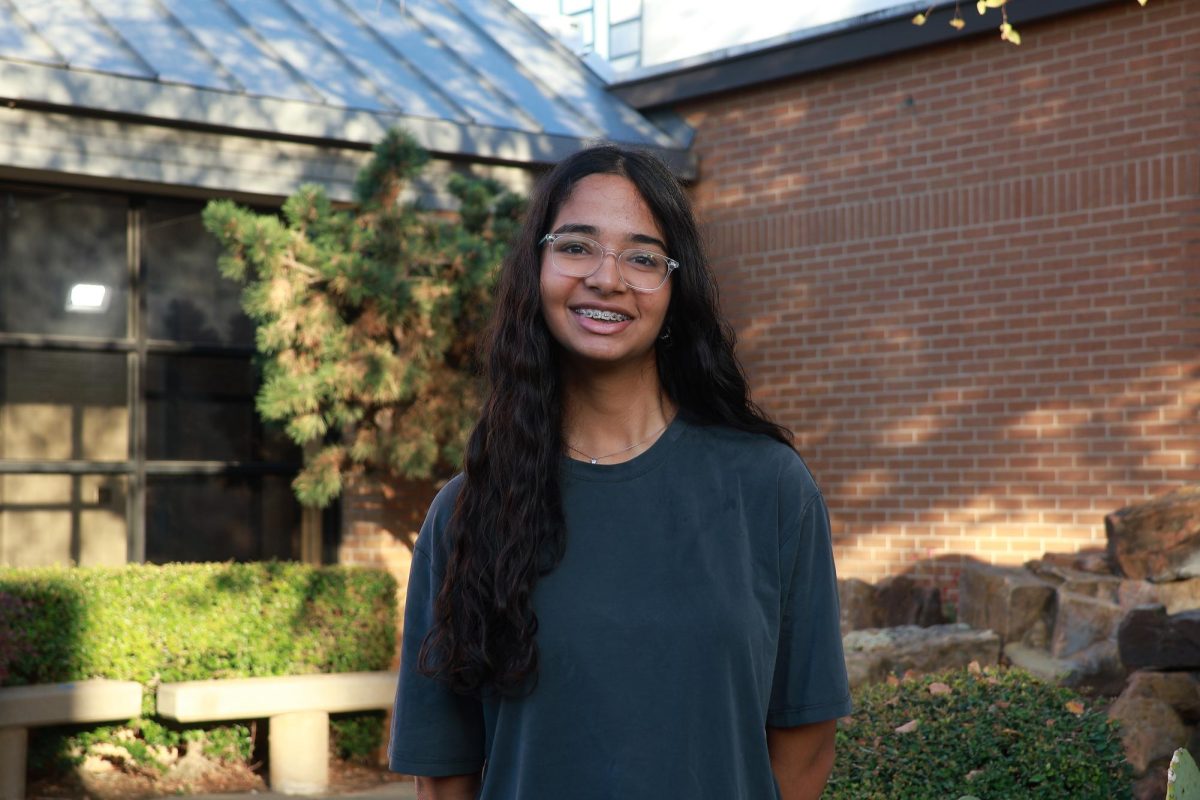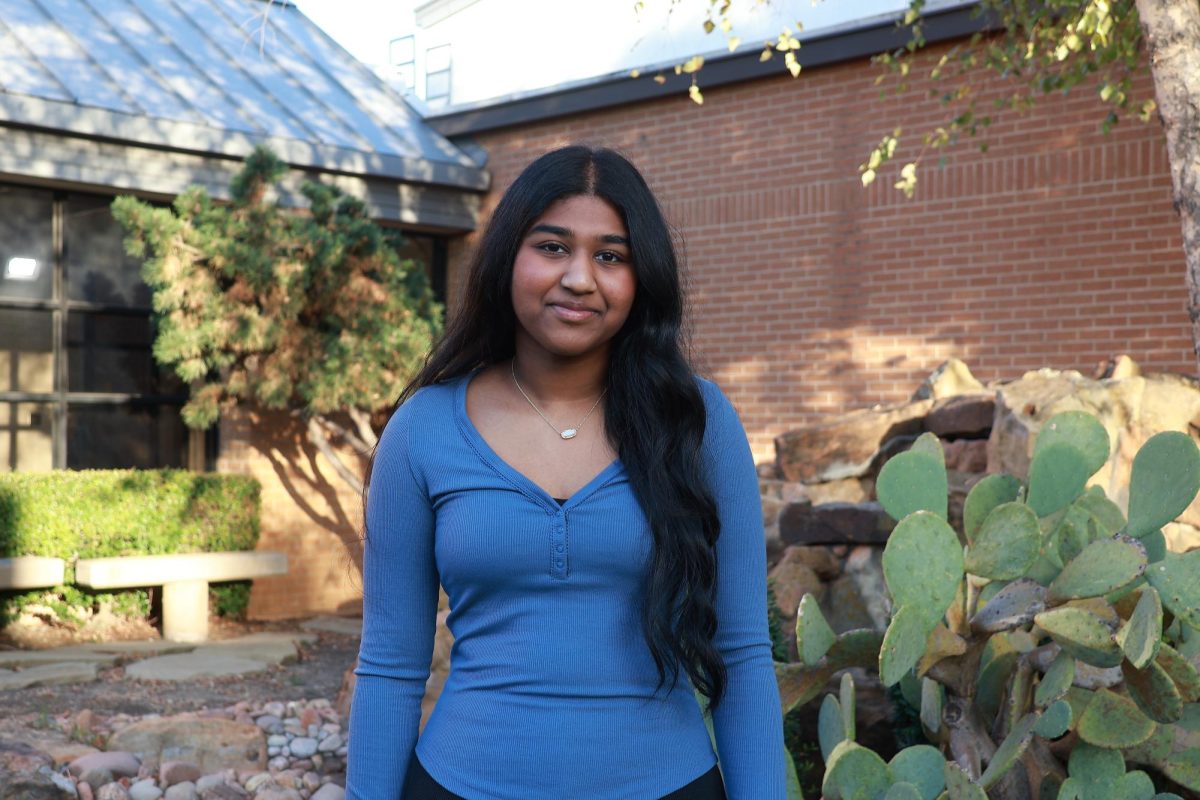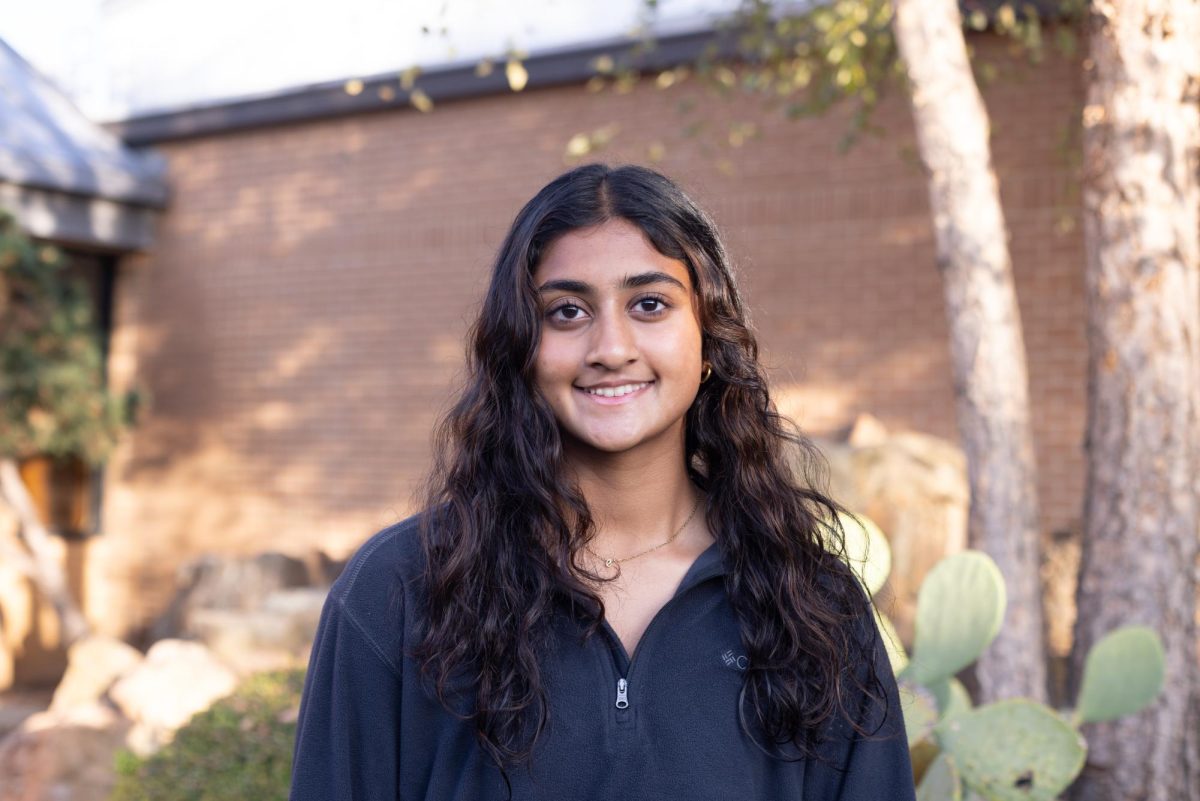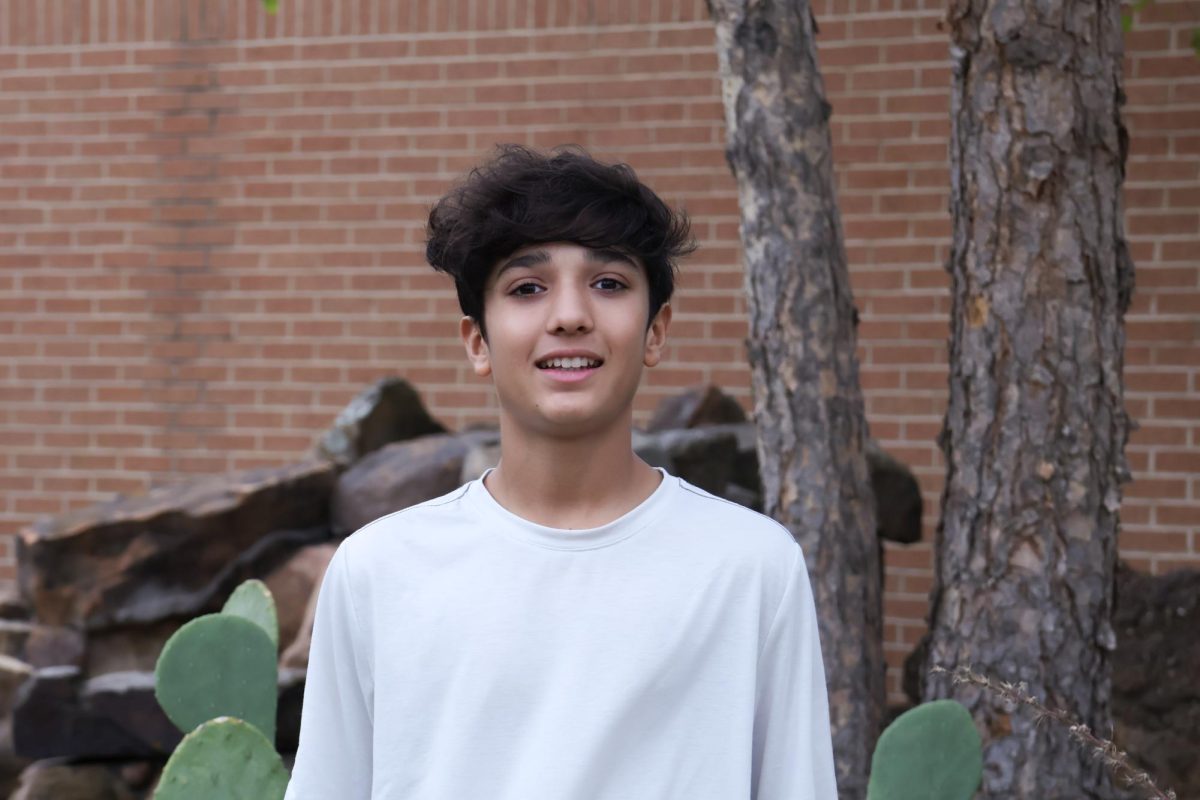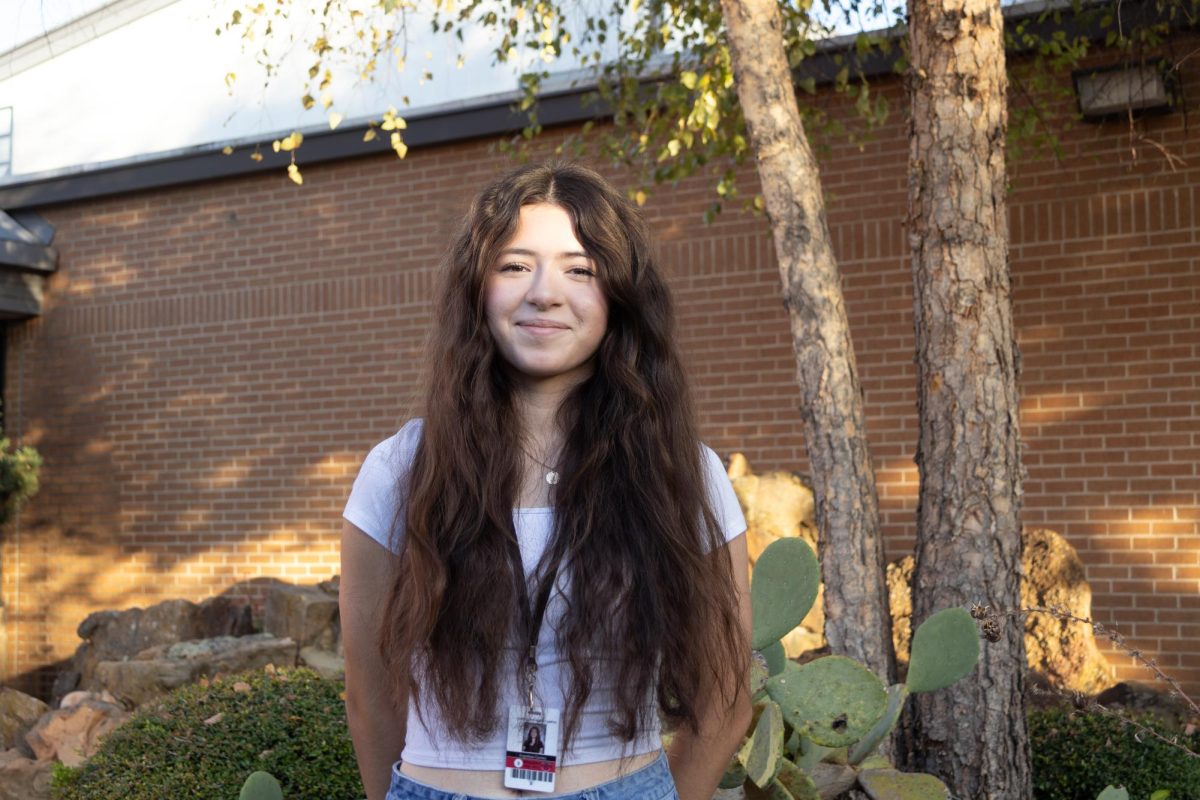By Kara Hallam
Staff Writer
As Judith Glynn exits the subway she is startled by the commotion of a drunk and dirty homeless woman being dragged out of the Hearst Building by two security guards. Given this is a typical sight in New York City in 1989, Glynn did not realize at the time that this same homeless woman was about to change her life forever.
In The Street or Me, Author and travel writer Glynn extends a loving hand to the homeless of New York City.
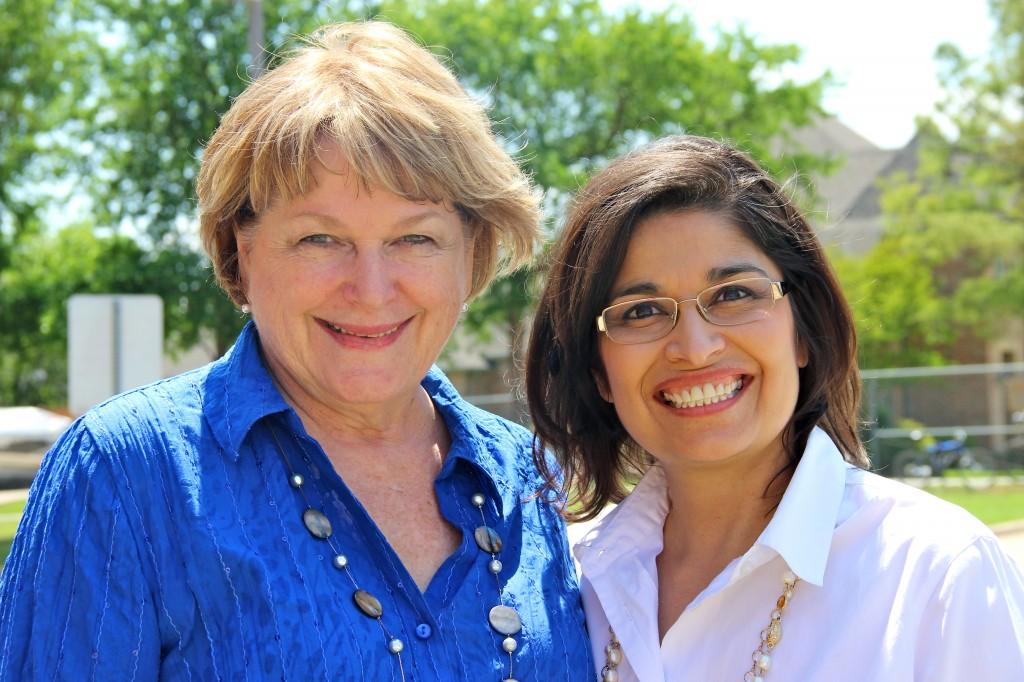
“My book is not about advocacy; it is not about statistics; it is about one person who happened to say hello. [Homeless people] want someone to say hello to them; they don’t want to be invisible,” Glynn said.
The story begins in 1989 when Glynn befriended homeless woman Michelle Browning. During their friendship, Glynn captured the events of the story on paper. However, it was not until this past March that Glynn published the story.
“I knew it was a good story, but I wanted to respect her. The fact that she was homeless, well, no one wants that to be their legacy. As time passed I realized I knew she wasn’t here anymore and it’s a beautiful story-it’s not just about homelessness, if you can just help one person,” Glynn said.
The Dallas Morning News reports $15 million goes to Dallas and Collin Counties annually for homeless housing and shelter programs. Last year, the homeless population in Dallas County dropped by two percent, and now 3,400 citizens are homeless.
“It is in every city. One would have to be blind to think homelessness is just here, this is all over the world,” Cornerstone Baptist Church volunteer Davie Hayes said.
Hayes was homeless after his life was turned upside down by drug addiction . It was through religion that he was able to end his addiction and improve his life. Now, he volunteers at Cornerstone in south Dallas, which serves food to the homeless and offers many other services to those in need.
Often, people are quick to judge the homeless whether because of their smell or intimidating appearance. Glynn however, in her memoir-like novel, looks beyond this surface level stereotype of homeless people when she reaches out to Browning, and tries to reunite Browning with her family in Italy.
Browning grew up in a well off Italian family and moved to the United States after winning a local pageant and being offered a modeling career. After meeting her husband, involvement in drugs and alcohol put them both on the streets of New York City.
“You can’t judge anyone. You never know what tomorrow holds for you,” Hayes said.
Coppell High School KCBY-TV adviser Irma Kennedy worked at ABC as an associate producer for 20/20 in 1991. Kennedy tried to capture Glynn’s heartfelt story in a 20/20 segment, which would have included clips of Browning, Glynn and Browning’s journey back to her family in Italy. However, the producer cut the segment after deciding the story seemed too staged.
Twenty-five years after the events of the story, Glynn reconnected with Kennedy, which prompted her to visit to the Dallas area and meet with The Sidekick and KCBY-TV to share her message.
“Homelessness never goes away. They all look the same, smell the same, the look of despair in their eyes is the same; it is how we’re treating them that has to change,“ Glynn said.
Given the prevalence of churchgoers in Coppell, many Coppell High School students have the opportunity to reach out to the impoverished areas of Dallas through the initiative of local churches.
“Homeless people are misperceived as people that deserve to live in poverty because they are lazy,” junior Abbie Hough said.
Hough is a member of the Valley Ranch Baptist Church, which works with Cornerstone. VRBC goes on several mission trips to places like New York, New Orleans, Atlanta and Washington D.C. to help the homeless. On these trips, they prepare meals for the homeless, worship with them and teach them about Christianity.
“When I was on a mission trip last year in New Orleans, we had a guest speaker who had been homeless. He explained how he grew up a sweet innocent boy until he was exposed to the drinking his mom did and the drug dealing his friends were doing. Our speaker was just a victim of circumstance,” Hough said.
Drugs and alcohol have a way of consuming people like it did with Hayes and Browning. The road to sobriety is long and tough which requires support from family, friends or a strong foundation of faith.
“[Browning] was a beauty queen. You have to watch the drugs and alcohol because it can bring you down. With addiction [people think] ‘oh, I can stop this any time, I’m not a drug addict,’ but then you lose your job, your friends and then the place you live,” Glynn said.
However, just because some homeless people have made mistakes which put them on the streets it does not make it OK to dehumanize them. Like Glynn and Hough have learned, homeless people are just like anyone else.
“[Browning] made me fearless. She gave me more than I gave her,” Glynn said.
Browning taught Glynn many important life values such as compassion, unconditional love, the value of family and responsibility that have forever changed her life.
“They have nothing else to lose except their smile, that’s what’s left. When I would approach [Browning] and she would smile- it would light up the street,” Glynn said.
Through their hardships, the homeless have stories they are willing to tell to anyone who will listen.
“She kept saying, there’s a reason for this Judith, and maybe this is it. This book has its own wings. It is as unpredictable as our relationship was. I can still hear her voice and her eyes were so beautiful,” Glynn said.
Glynn’s book is more than just a story about the homeless in America. It tells the story about a friendship between two unlikely people. After just one hello, Glynn eventually made a lasting and life changing connection with someone who was homeless. despite all the confused looks she would get from clean cut bystanders.
All it took was a simple initiative to start changing a misconception.
“Her message and my message will get out there. I was chosen. I was not in a position to go out and help somebody, but something kept pushing me everyday. Once you say hello and once you make eye contact, its really hard to not say hello the next day,” Glynn said.



